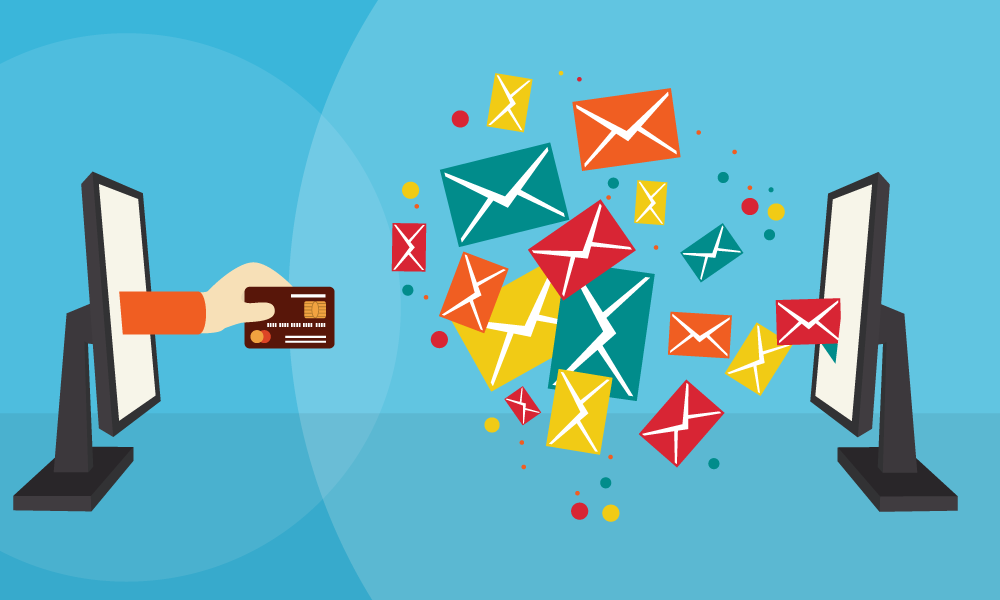
Internet marketing experts are always looking for ways to enhance and expand their online campaigns. From sharing leads to increasing advertising budgets, there are countless ways to increase the effectiveness of an online campaign and, hopefully, increase overall returns. As time passes, the practice of purchasing email lists becomes less effective. There has been a gradual but consistent shift in the attitudes of email marketers, many of whom previously rushed to purchase email lists.
The problem is not with the emails themselves; all of them are authentic and in use. It is with their worth. Contextual email capture, for instance, generates qualified and interested prospects, whereas store-bought leads are frequently ineffective in the long run. Here are four reasons why internet marketing professionals discourage the purchase of email lists.
- Email marketing leads that are contextually relevant and qualified are more valuable
- Buying Email Leads Often Convert Poorly
- Email addresses that have been sold are often on spam-testing lists
- It’s expensive and often ineffective to purchase email lists
-
Email marketing leads that are contextually relevant and qualified are more valuable
Context is a major advantage of lead capture that buying simply cannot match. It is common for internet marketers to purchase email lists and obtain leads who are uninterested in their products. When customers see the offers of an online marketer, they frequently scroll past them without making a purchase.
A relevant and targeted opt-in page, on the other hand, ensures that email campaign subscribers expect and wait for specific content. They have come to expect it. Targeted email marketing is the only way to get real context and permission from a large number of leads.
-
Buying Email Leads Often Convert Poorly
Cold emailing a potential client with a business proposal is a completely different ballgame than springing an offer on them out of the blue. In online sales, trust is essential. It’s much more difficult to transfer money when trust is based on a single email exchange rather than a more established email relationship. Building real relationships with customers is the best way to increase conversion rates in targeted email marketing campaigns.
-
Email addresses that have been sold are often on spam-testing lists
It is a sad fact of online commerce that many email “leads” are stolen or unethically obtained. Mass email harvesting methods are only made public because of the dangers associated with them, and that’s for the best. Email lists that aren’t converting may be because the names on the list have been disguised by spam-blocking software. As a result of this, marketers should collect their own email addresses to avoid being mislabeled as spammers.
-
It’s expensive and often ineffective to purchase email lists
In some niches and markets, the cost of purchasing a list of emails can be quite high. Internet marketing experts can save money by capturing their own email addresses through a squeeze page designed specifically for a targeted email marketing campaign, despite the higher time cost. As an added benefit, this technique creates more qualified email leads and a long-lasting email capture asset in the form of a squeeze page.
If you’re serious about email marketing, don’t buy email lists for any of these reasons. Internet marketing experts can develop a highly targeted email marketing campaign that generates sales and long-term marketing assets by capturing their own email leads.